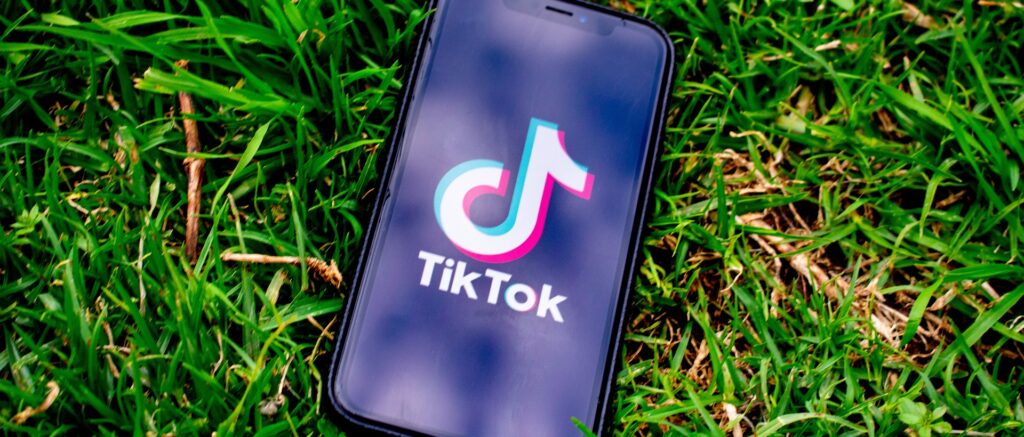TikTok, the popular social media app, has taken the world by storm in recent years. With over a billion active users, it has become a cultural phenomenon and has had a significant impact on the music industry.
Artists, record labels, and music executives alike have recognized the power of TikTok in launching and promoting songs, and it has become a crucial platform for music discovery and promotion.
In this article, we will explore how TikTok has changed the music industry and how it has become a powerful tool for artists and the music industry at large.
The Power of Viral Trends
TikTok’s unique algorithm and user-generated content have enabled the app to create viral trends at an unprecedented pace. These trends often involve music, and users will often create short videos using a particular song, dance, or soundbite. These trends have led to songs that were relatively unknown before becoming massive hits on the app.
One of the most significant examples of this is the song “Old Town Road” by Lil Nas X. The song first became popular on TikTok when users began using it in videos for a challenge called the “Yeehaw Challenge.” The song quickly became viral, and Lil Nas X’s record label, Columbia Records, saw the potential for the song’s success. They quickly signed the artist, and the song became a massive hit, spending 19 consecutive weeks at the top of the Billboard Hot 100 chart.
This success story is just one of many, and TikTok has become a vital platform for launching new artists and songs. The app has become a democratizing force in the music industry, allowing unsigned artists to have their music heard and creating a level playing field where anyone can go viral.
Promotion for Established Artists
TikTok is not just a platform for new artists; established artists have also recognized the app’s potential in promoting their music. Many artists have created official TikTok accounts and have used the platform to share snippets of their songs, music videos, and behind-the-scenes content. By doing so, they can reach a broader audience and connect with younger demographics who are the app’s primary user base.
For example, Ariana Grande has used TikTok to promote her music and interact with her fans. She has created short videos using her songs and has even used the app to tease new music. Similarly, Dua Lipa used TikTok to promote her album “Future Nostalgia,” and the app played a significant role in the album’s success.
TikTok’s Impact on the Charts
TikTok has had a significant impact on the music charts. As mentioned earlier, songs that go viral on the app often become massive hits. In addition, TikTok has created a new metric for measuring the popularity of songs: the number of videos that use a particular song.
In 2020, Billboard introduced a new chart called the “TikTok Chart,” which tracks the most popular songs on the app based on the number of videos that use a particular song. The chart has become a significant indicator of a song’s potential success and has become an essential tool for record labels and music executives in promoting new music.
Challenges and Controversies
Despite its many benefits, TikTok has faced its fair share of challenges and controversies in the music industry. One of the most significant concerns is that TikTok’s algorithm often favors short snippets of songs rather than the entire track. This can lead to artists not receiving proper credit and compensation for their work.
In addition, some artists and labels have accused TikTok of copyright infringement for using their music without permission. TikTok has responded by entering into licensing agreements with music publishers and labels to ensure that artists are properly compensated for the use of their music on the app.
Final Thoughts
TikTok has transformed the music industry, creating a new era of music discovery and promotion. Its impact on the charts and its ability to create viral trends have made it a crucial platform for artists, record labels, and music executives alike.
As the app continues to grow, it is sure to have an even greater impact on the music industry in the years to come.

